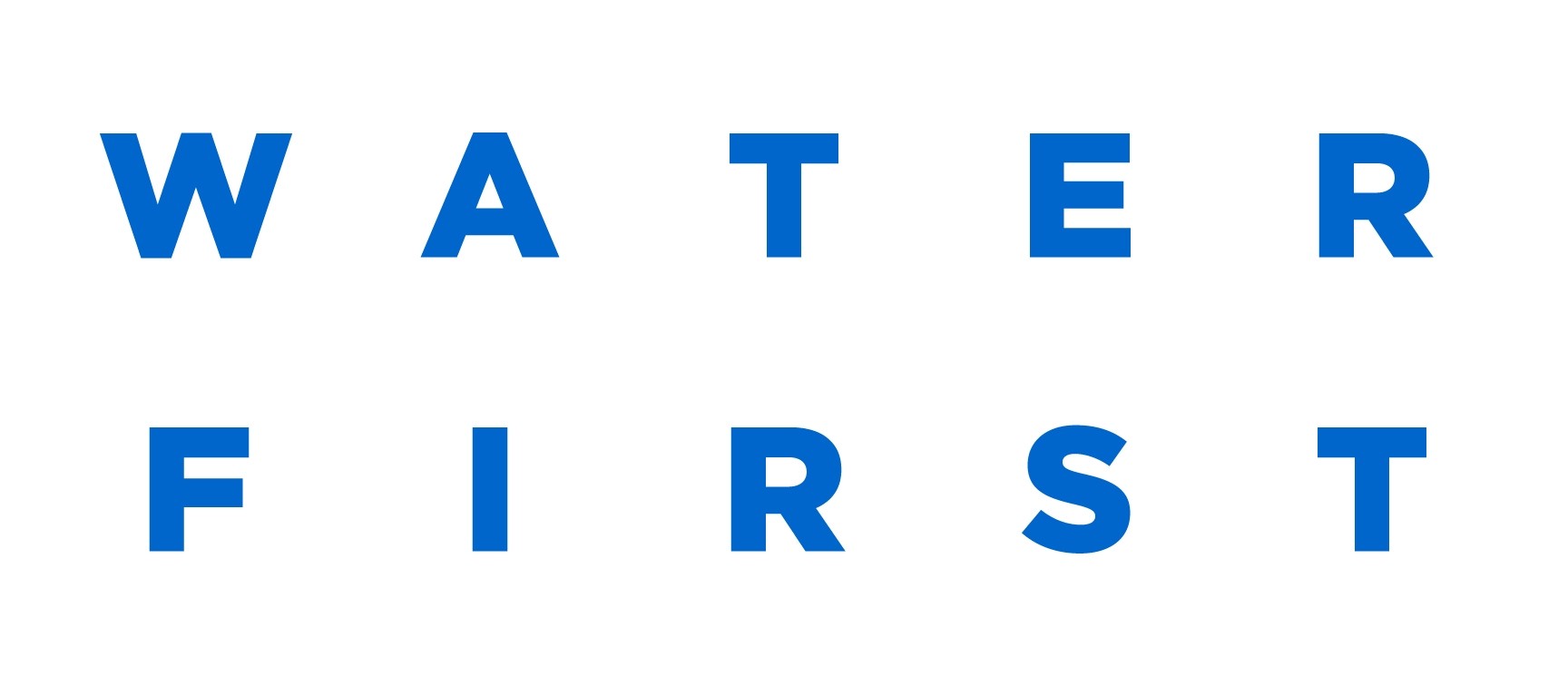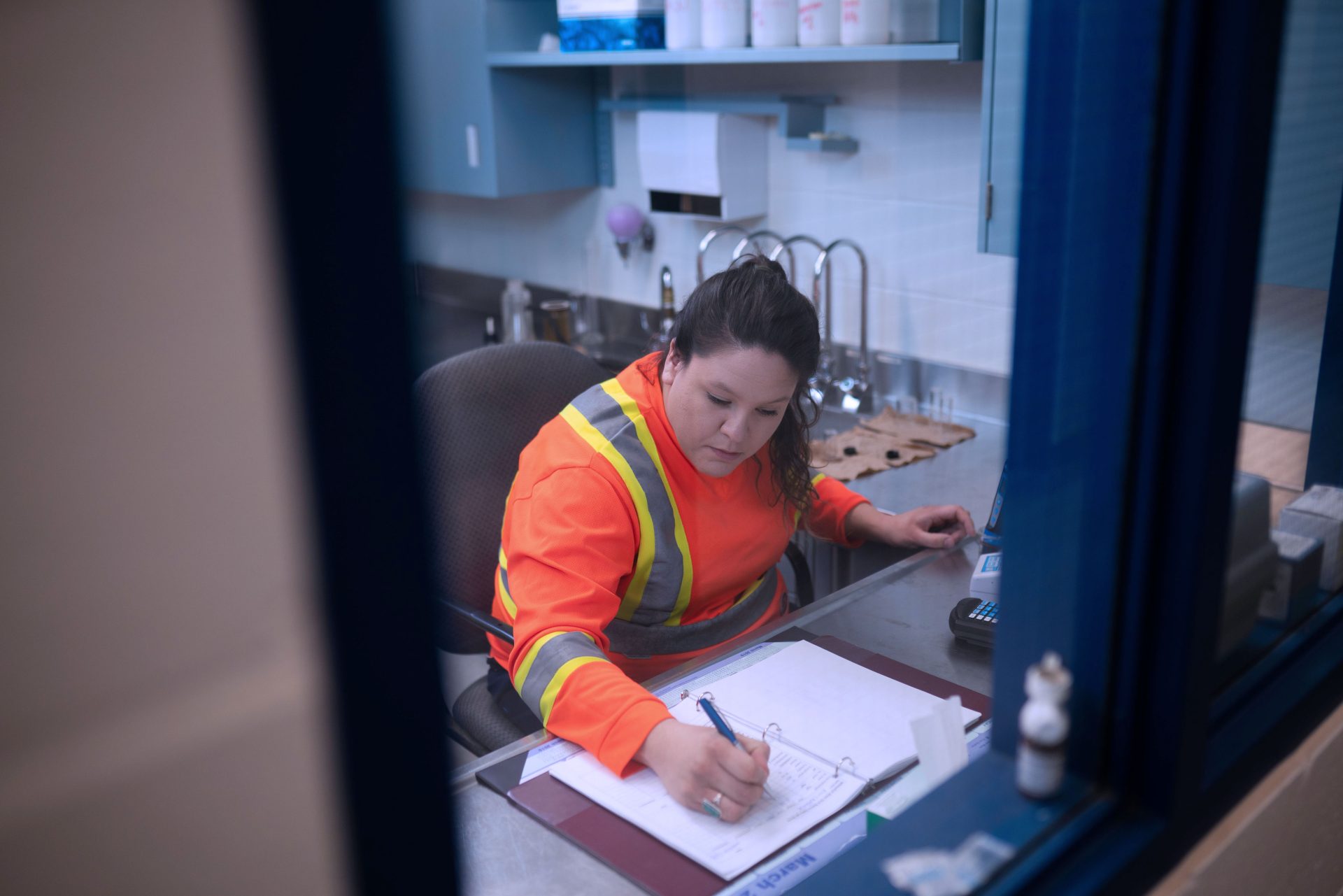Our Story
How we got here
Founded in 2009 to bring drinking water resources to rural schools in Uganda, we provided training on the operations and maintenance of the water and sanitation systems we installed. Water First began working with Indigenous communities in Canada in 2012, after being challenged and inspired on numerous occasions about why we weren’t working with communities here in Canada experiencing water challenges.
Our projects with Indigenous communities were initially small but grew quickly. Within a few years, our collaborations accounted for nearly 90% of program resources. Water First dedicated itself exclusively to working with Indigenous communities in 2016. We focus on technical skills training in the fields of both drinking water and environmental water, as well as water science education for Indigenous youth.
In The Beginning
Tin Roof Global
Water First began working with First Nations in Canada in 2012, after being challenged on many occasions about why we weren’t working with communities here at home experiencing water challenges.
Our projects with Indigenous communities were small at first, but within a few years accounted for 90% of program resources. In 2016, Tin Roof Global changed its name to Water First Education & Training and changed its mandate to work solely with Indigenous communities in Canada.
In The Beginning
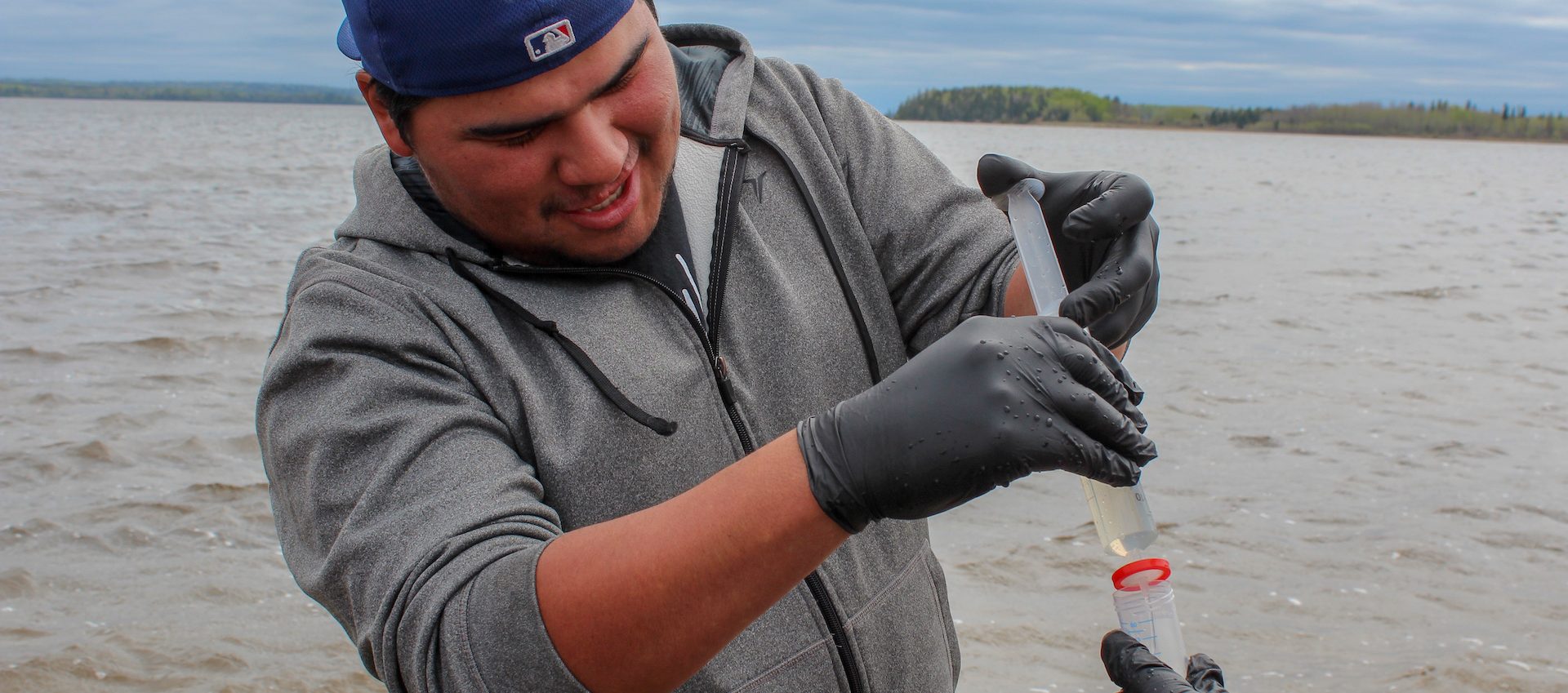
First Canadian Project
Shawanaga First Nation Baseline Water Quality Study
Unfortunately, the community is still trucking in drinking water today.
First Canadian Project
Mandate Change
Officially Water First
Our mission is to help address water challenges in Indigenous communities in Canada through education, training and meaningful collaboration.
Mandate Change
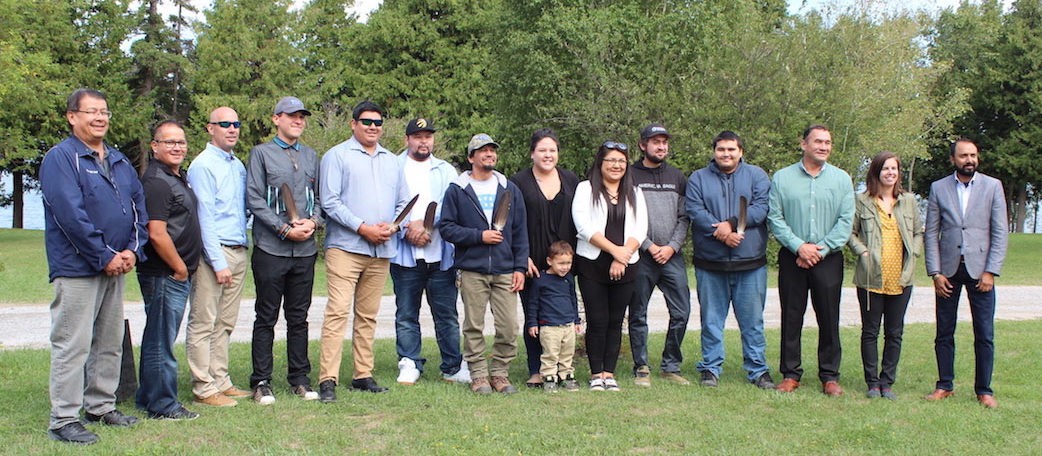
Drinking Water
Indigenous Youth Graduate From Water First Internship Program
“We are very proud of the graduates, who have studied and worked hard since early 2017 to obtain certification in drinking water treatment and environmental water quality monitoring,” said Water First executive director John Millar.
“These young women and men have shown incredible passion and commitment to building sustainable water systems in our communities, and today we honour that passion and commitment,” said Kevin Debassige, technical services manager for the United Chiefs and Councils of Mnidoo Mnising (UCCMM).
Drinking Water
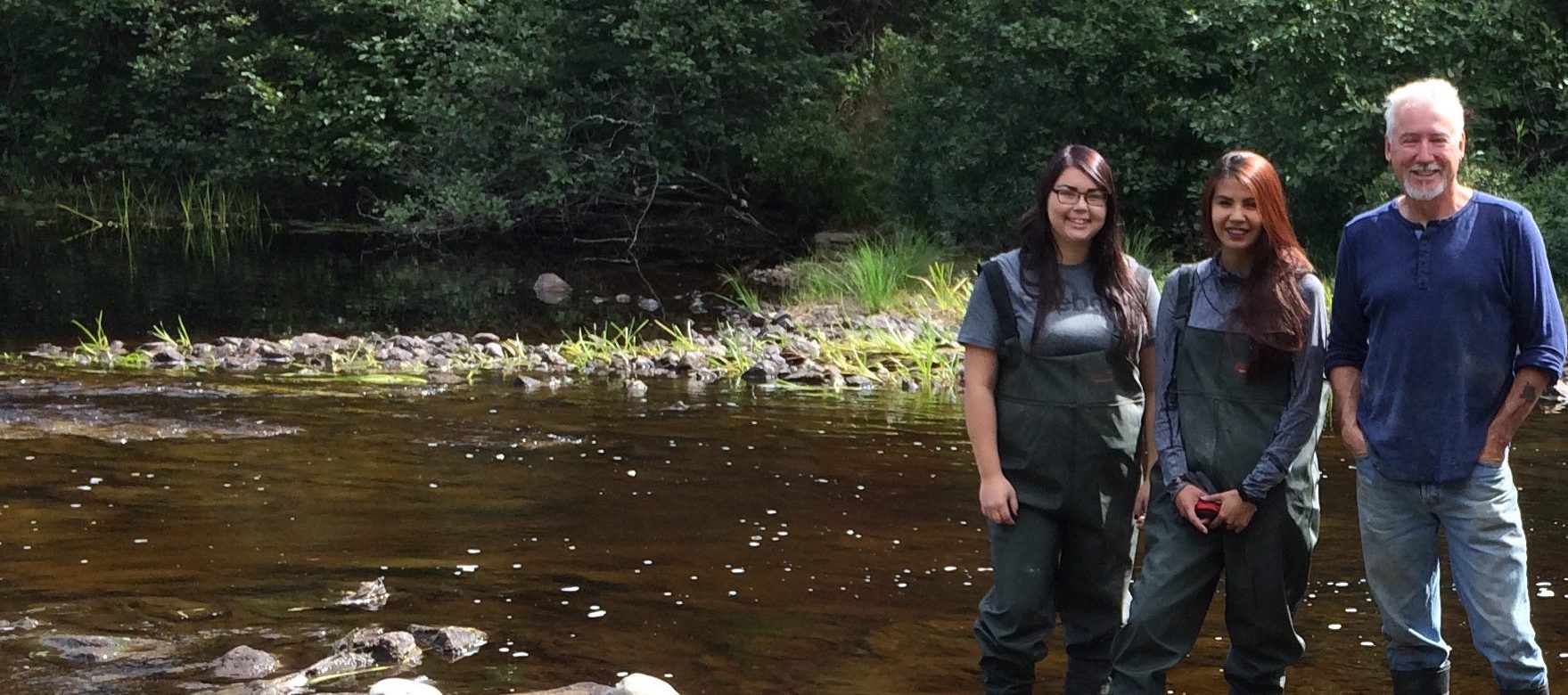
First Project in Quebec
Wrap up at Kebaowek First Nation
First Project in Quebec
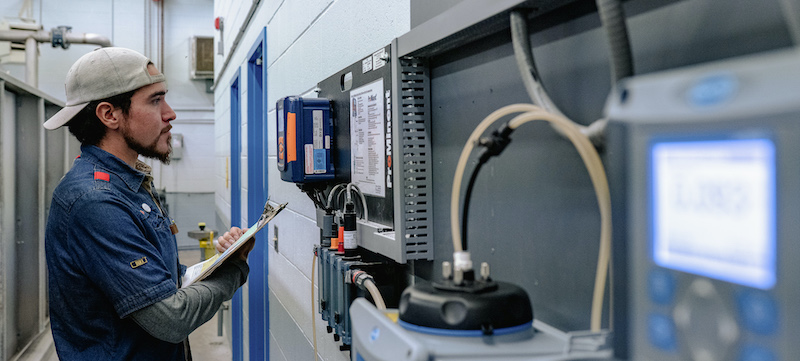
Water's Next Award
Water First Wins Award
In June of 2019, Water First won the top award in the Projects & Technology – Drinking Water category for our Drinking Water Internship Program.
Water's Next Award
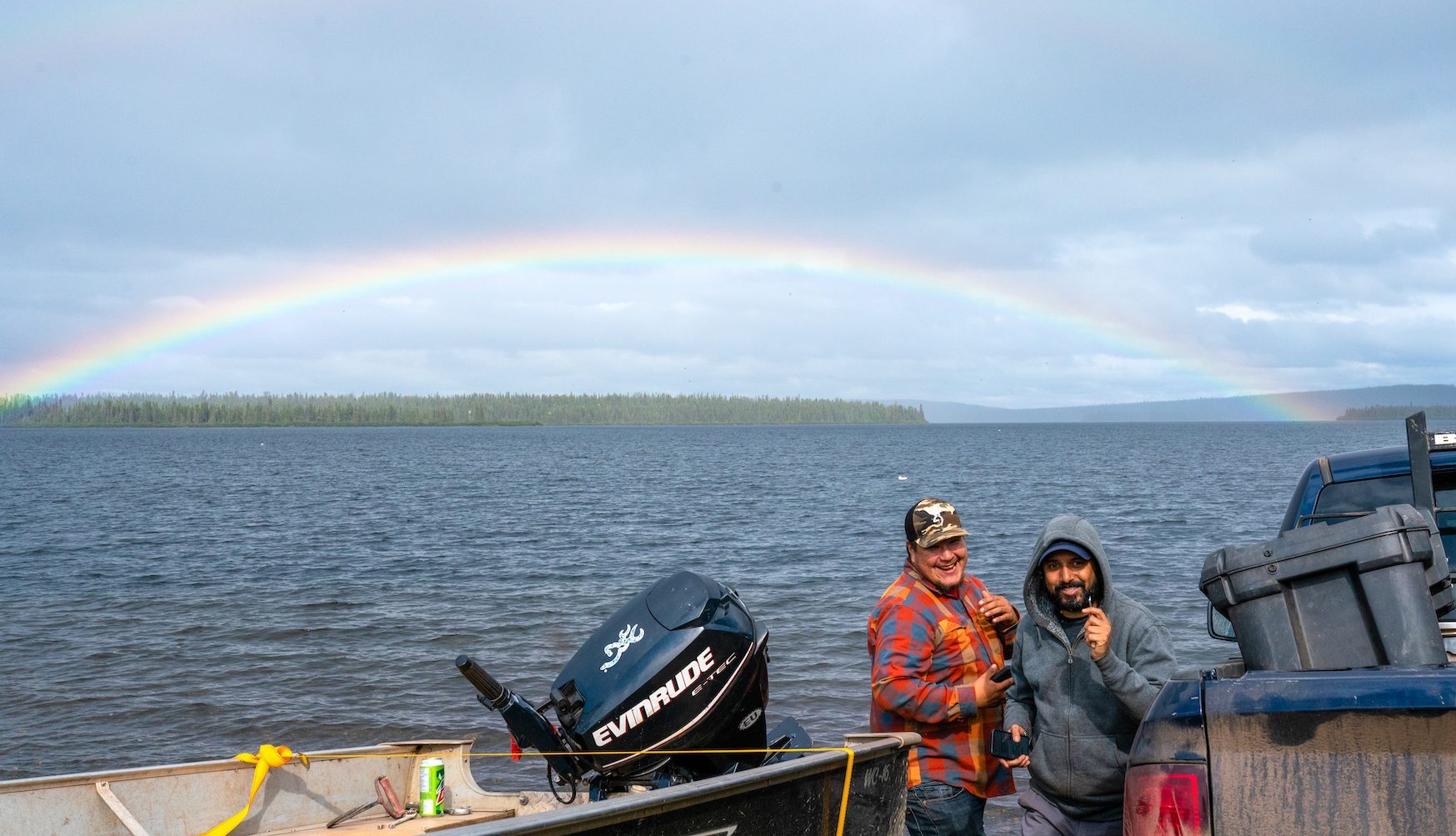
Expanding Our Reach
Naskapi Nation of Kawawachikimach
This three-year project includes both a contaminant study to establish baseline mercury and heavy metals concentrations in the soil, water, and traditionally harvested fish, and a community-based fish habitat restoration and education project in the Caniapiscau River watershed. Three local young adults were hired as interns for the project — Lawrence Mameanskum, Wayne Nattawappio, and Kabimbetas Mokoush — and have so far received hands-on training for water quality analysis, fish & soil sampling, fish biology, fish population assessment, and fish habitat restoration.
Expanding Our Reach
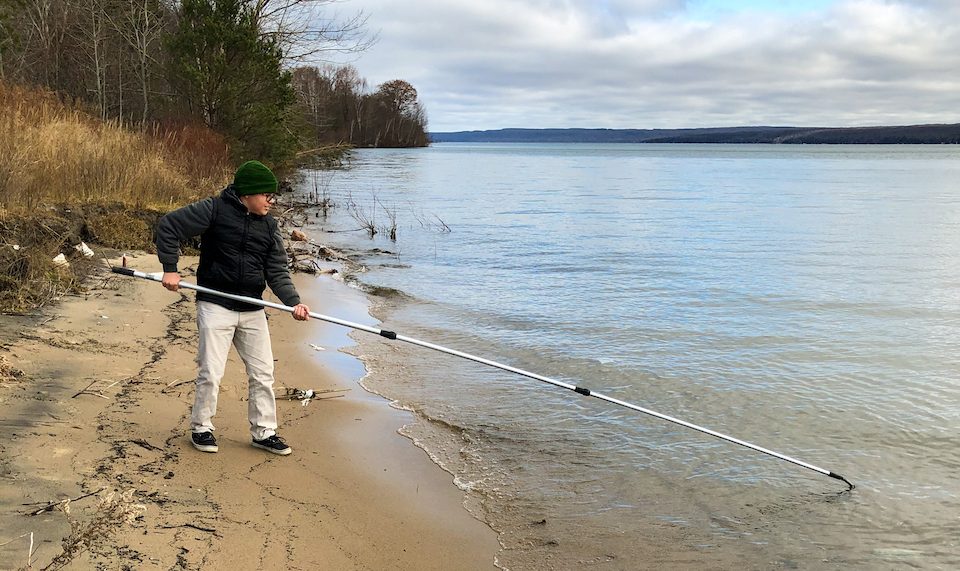
Growing Roots
Empowering Indigenous youth to develop a passion for water science
Water First worked with Christian Island Elementary school to deliver both indoor and outdoor water science workshops to every class. Students engaged in STEM-based learning activities such as biodiversity while observing local aquatic wildlife and plants. Students developing a passion for water science will help to end the disparity of Indigenous representation in the STEM fields.
Water First is launching our Growing Roots pilot in two other First Nations communities in Ontario and Manitoba in the spring of 2020, along with our second trip back to Chimnissing to support the students implementing their projects.
Growing Roots
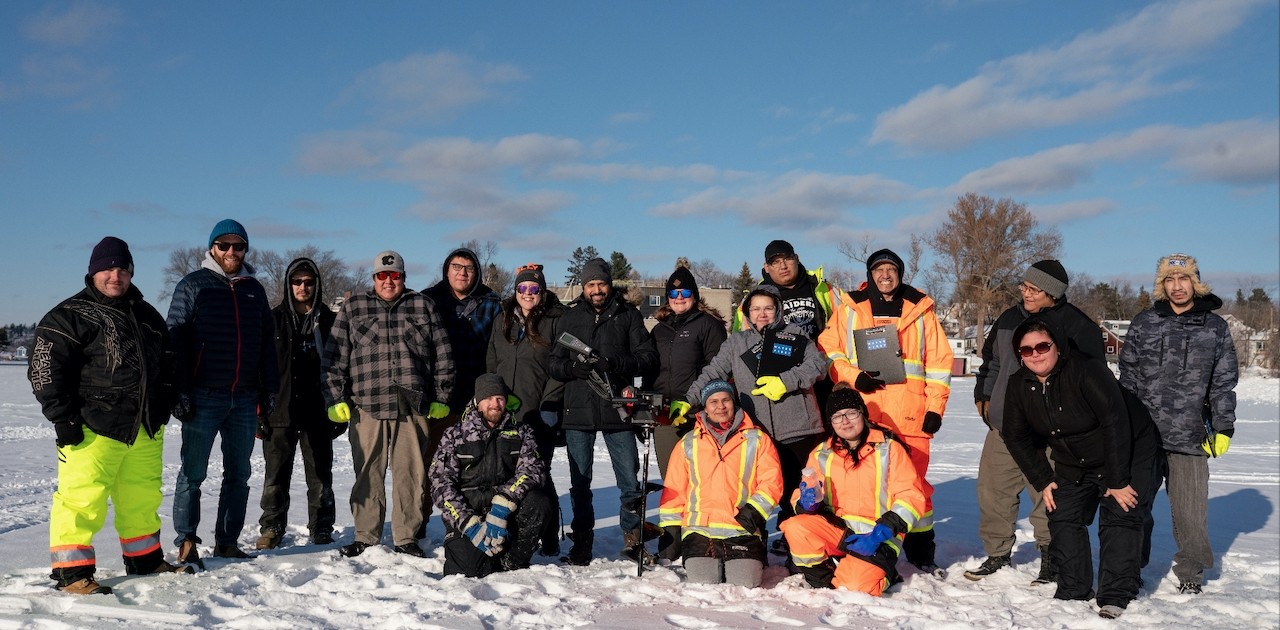
New Drinking Water Internship
Bimose Tribal Council and Water First Announce New Internship
New Drinking Water Internship
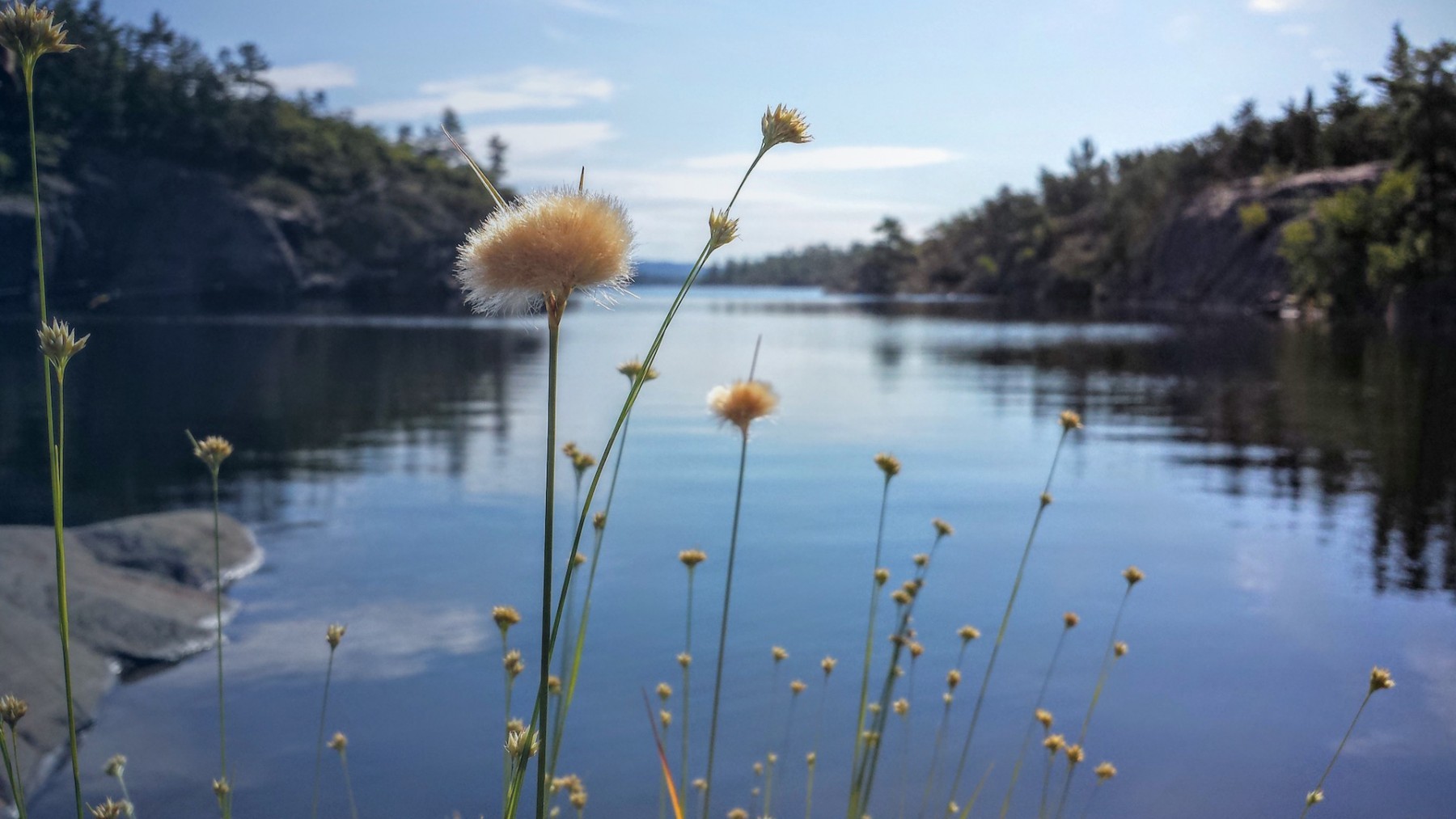
Third Internship Underway
Launch of The Georgian Bay Drinking Water Internship
Third Internship Underway
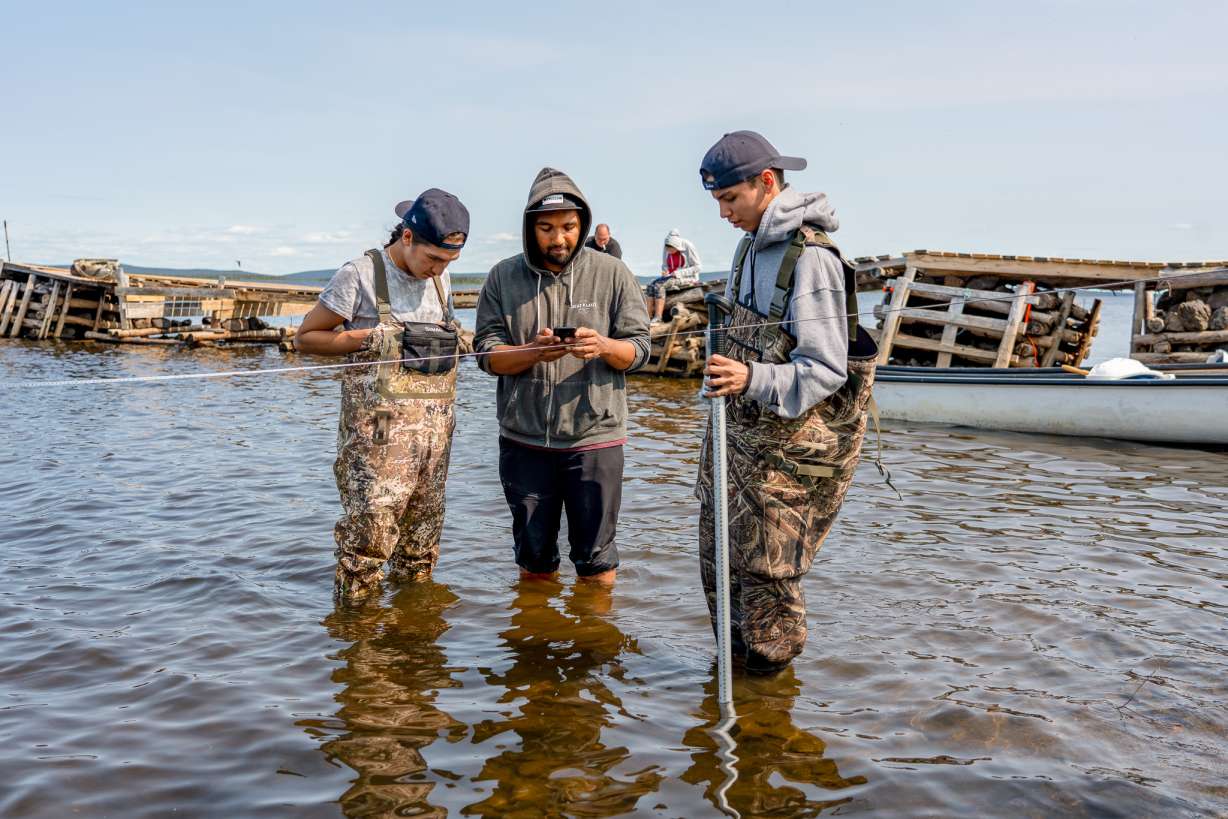
Expanding Our Projects East
Collaboration in Labrador Began This Summer
Expanding Our Projects East

Indigenous Schools Water Program
Outdoor Program Leads to Grade 9 Geography Credits
Through land-based activities that related to the geography curriculum, the students earned their credits while participating in Beausoleil First Nation’s Wind and Water Monitoring Project, the first collaboration of its kind within Water First programming.
With the support of community knowledge keepers, Water First instructors incorporated the ongoing monitoring project to support the students in their learning and data collection. What students learned from local knowledge experts from their community made the program place-based, culturally relevant, and strengthened their connection to their community.
Indigenous Schools Water Program
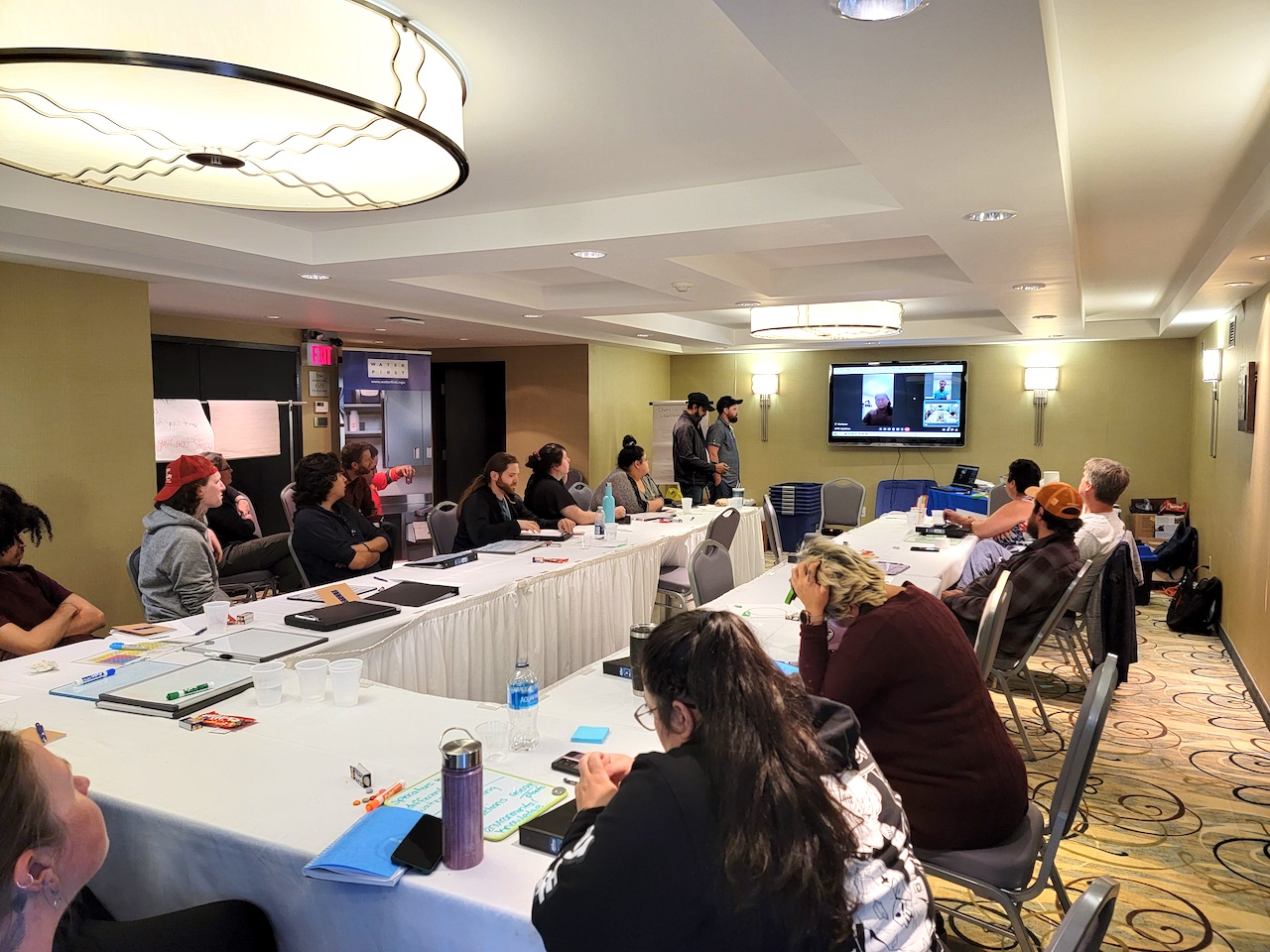
Drinking Water
Fourth Drinking Water Internship Underway
Drinking Water

Breaking Records
Indigenous Schools team completes a record number of programs throughout Spring/Summer
- Dokis First Nation (ON)
- Brunswick House First Nation (ON)
- Kuujjuaq Inuit Village (QC)
- Pinaymootang & Lake Saint Martin First Nations (MB)
- Sagamok Anishnawbek First Nation (ON)
- Sheshegwaning & M'Chigeeng First Nations (ON)
- Magnetawan & Henvey Inlet First Nations (ON)
- Long Point First Nation (QC)
- Beausoleil & Wasausking First Nations (ON)
- Saugeen Ojibway Nation (ON)
- The Naskapi Nation of Kawawachikamach (QC), and
- Thunder Bay (ON).
A new program being developed by the Indigenous Schools team, Full Circle, has students learning about the entire water treatment process using flash cards, pipes and more. To bring the lesson 'full circle', the students visit a local water treatment plant. The students are showed the real-life versions of many of the stages of the water treatment process that they had learned in class, including intake pipes, UV lightbulbs for disinfecting and slow sand filters.
Breaking Records
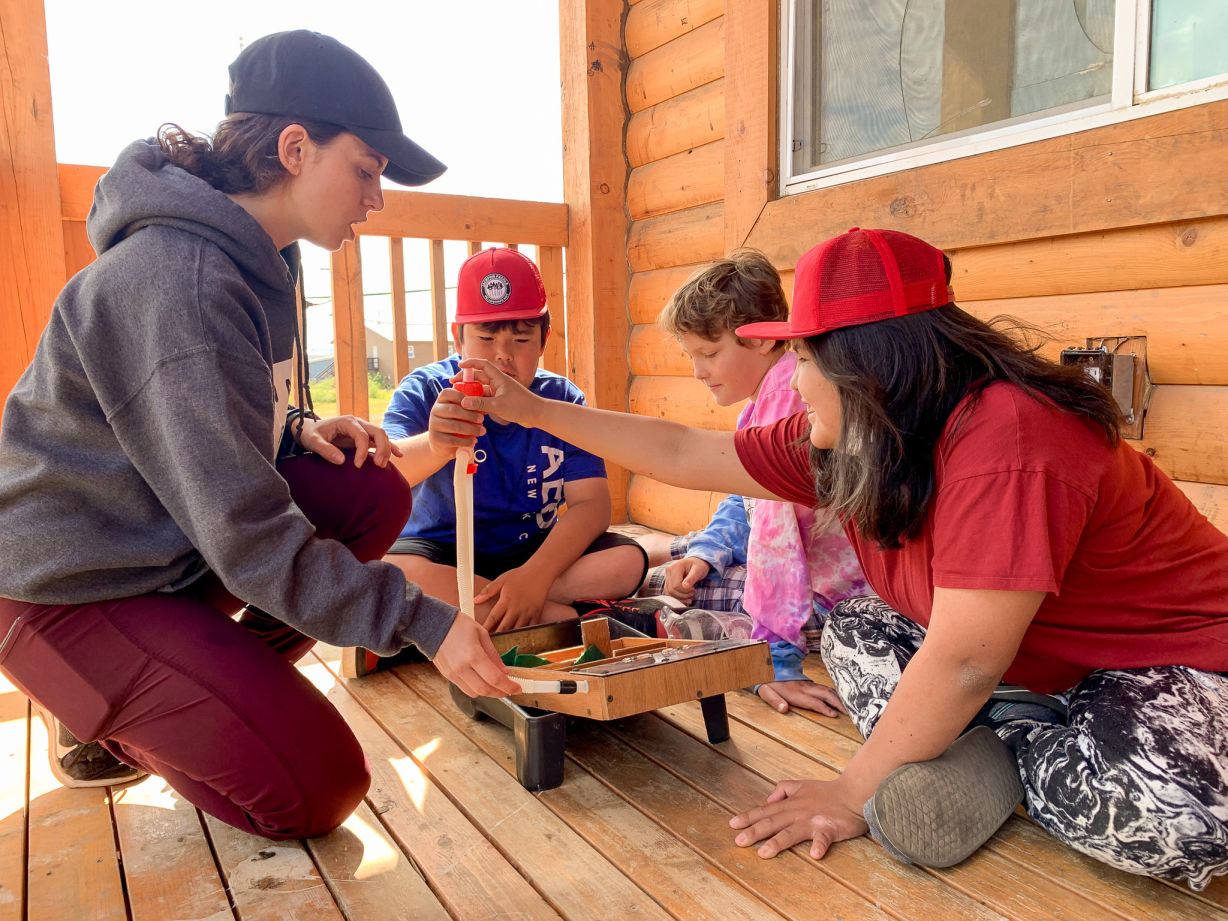
Northward Bound
Délı̨nę Sadǝ́ Camp
– Used water science tools to learn about water testing – Explored about how their watershed connects to the Arctic Ocean – Went on a boat to learn traditional methods of fish pulling – Learned how to clean and smoke fish – Made art using deer hides
Northward Bound
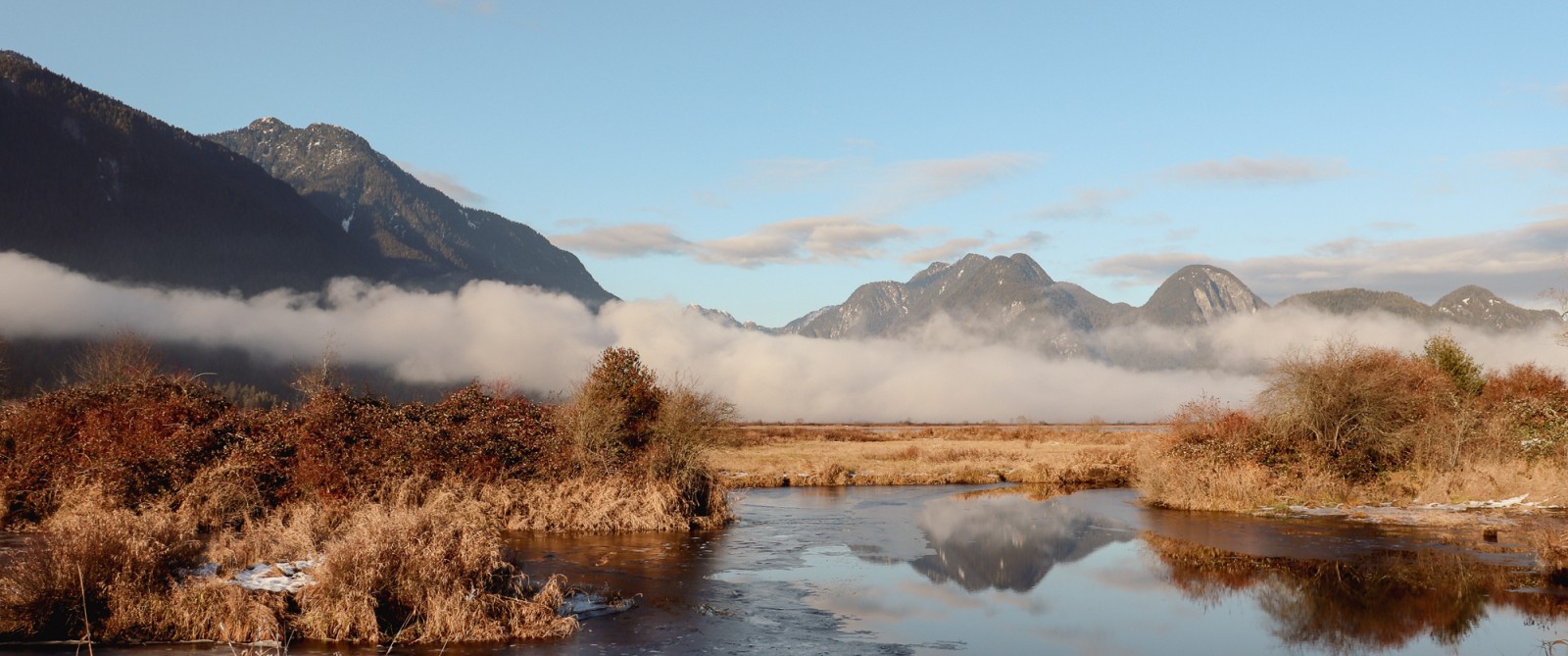
Reaching Western Canada
Water First is in British Columbia!
Reaching Western Canada
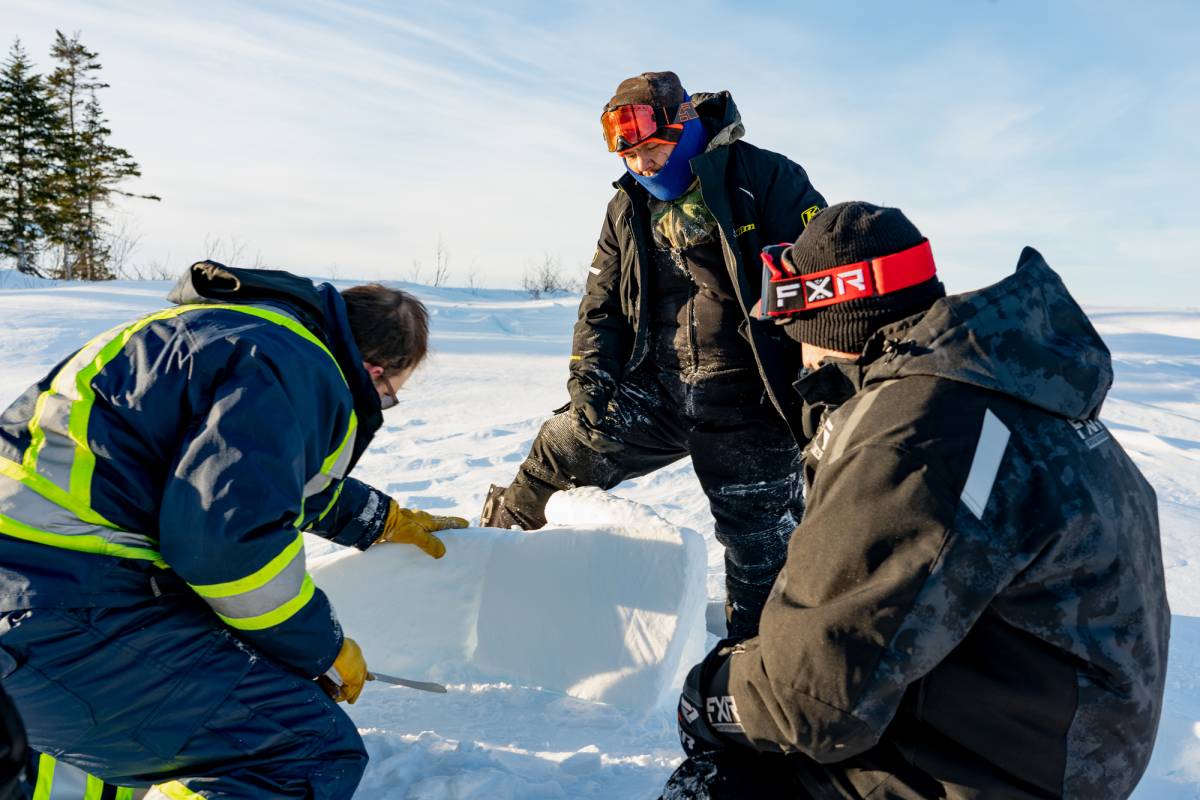
Environmental Water
Winter Monitoring at Park Lake
For the Water First team, February was the perfect time to bundle up for a trip to Park Lake in Labrador to work with Sheshatshiu Innu First Nation (SIFN) and the Naskapi Nation of Kawawachikamach (NNK) on a winter water monitoring workshop.
The Park Lake workshop was a unique opportunity for participants from both communities to learn and winter monitor together.
Environmental Water
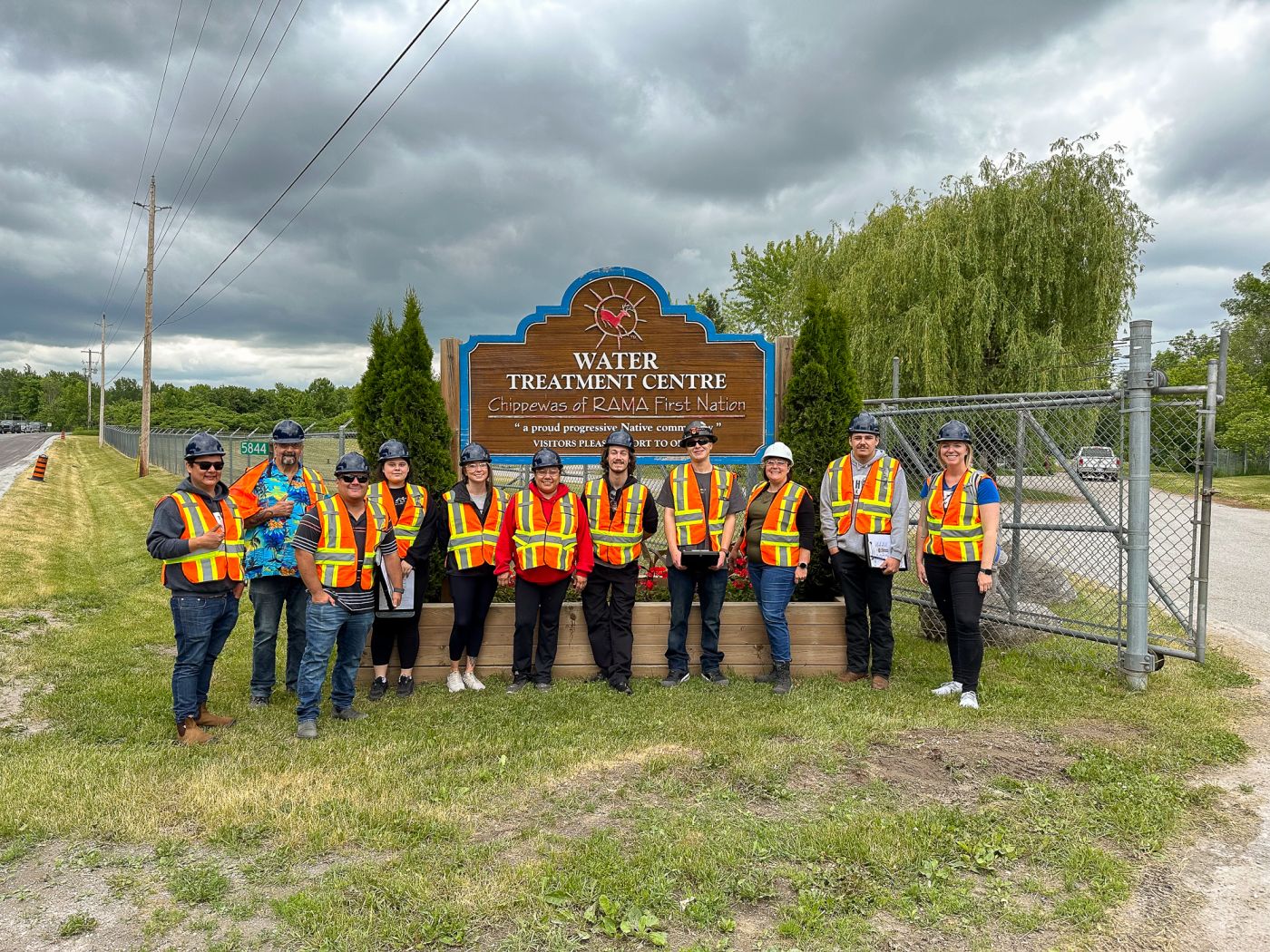
Drinking Water
5th Drinking Water Internship Underway
The internship kicked off in June in Rama First Nation with eight interns from communities in the Tribal Council area.
Drinking Water
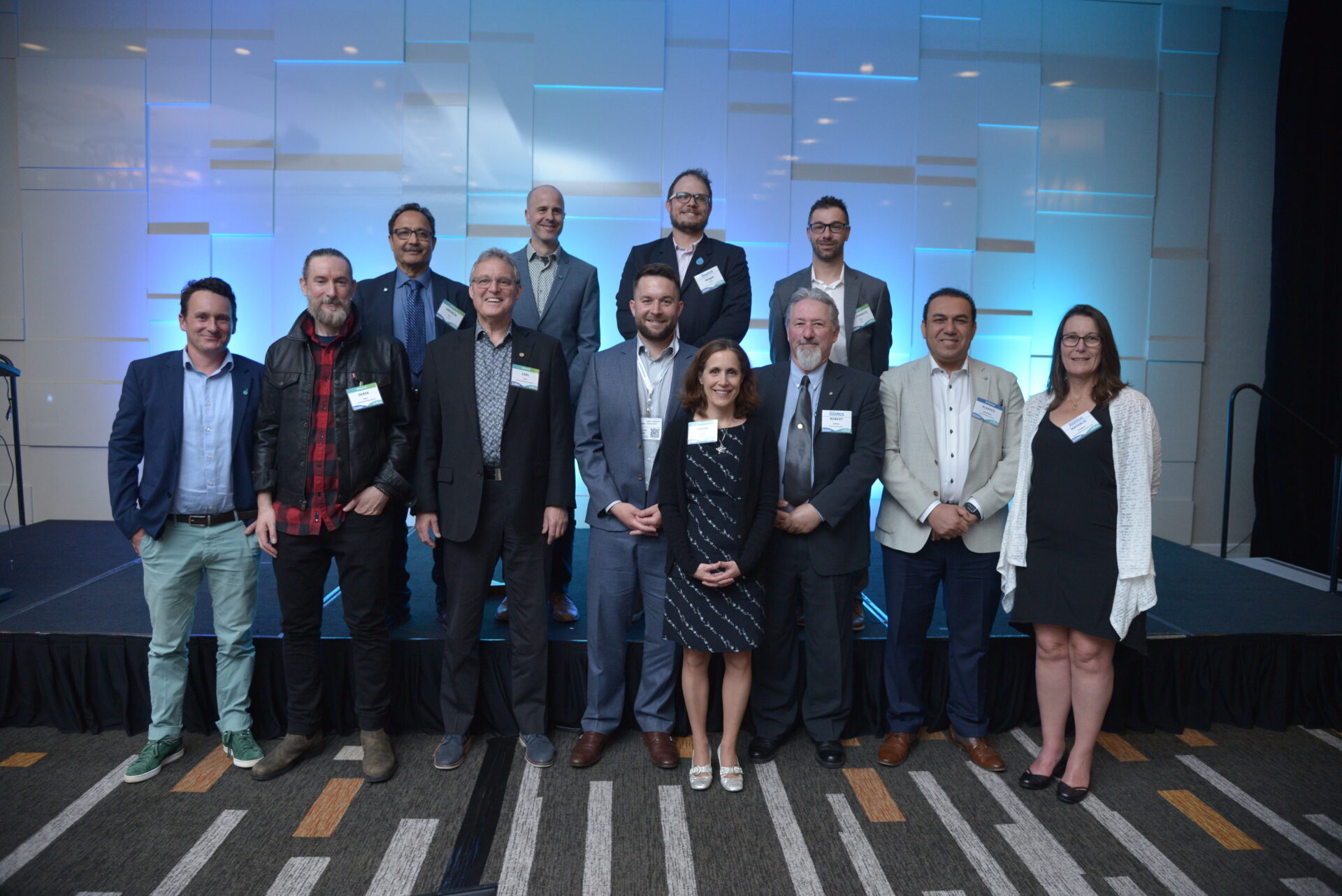
Water's Next Award
Water Canada Awards celebrates the industry’s best in Ottawa
Water First was acknowledged for "their commitment to safe water access in Indigenous communities. Their efforts merge hands-on education with real-world training and internships, making a significant impact."
Water's Next Award
